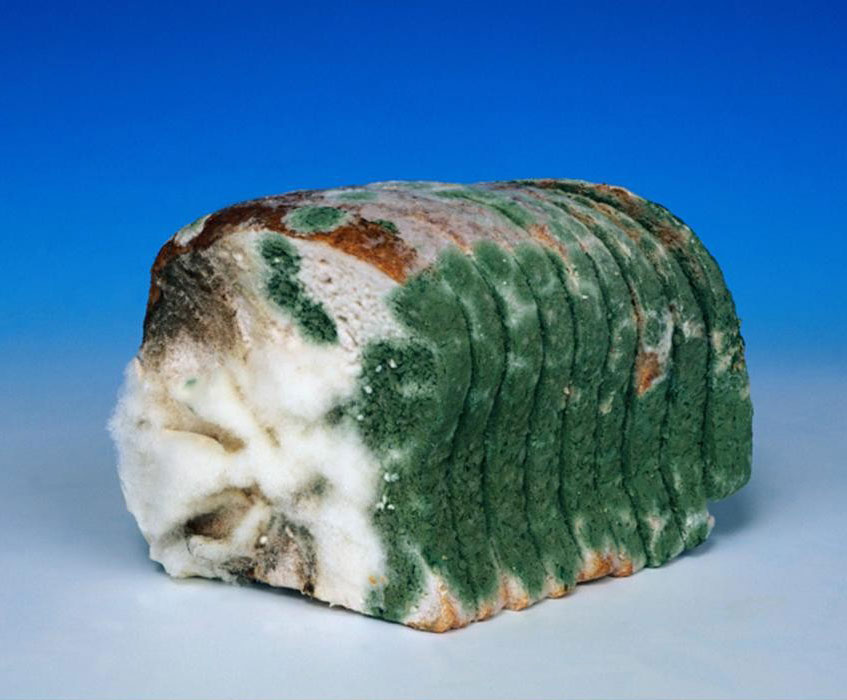Pope Francis preaches about the devil a lot. Much more than the average priest. Or this average priest, anyway.
Unfortunately, the press gives minimal coverage to such remarks, and every year, I suspect, belief in the devil diminishes among Catholics. That’s why, this first Sunday of Lent, I’ve distributed in my parishes a one page sampler of the Holy Father’s warnings about the devil.
There is a distinct theme in the Holy Father’s remarks. In typical Ignatian fashion, he focuses on how the devil subverts our relationships. To cite a few examples:
“The Adversary wants to keep us separated from God . . . and therefore sows the seeds of pessimism and bitterness in our hearts.”
“The devil attacks the family so much. That demon hates the family and seeks to destroy it.”
“The devil plants evil where there is good, trying to divide people, families, and nations.”
“Behind every rumour there is jealousy and envy. And gossip divides the community, destroys the community. Rumours are a diabolical weapon.”
Theorists speculate (who could really know?) that only God has unique access to our interior life: to our thoughts and emotions and sensations. Demons and angels more closely resemble humans, in that they receive insight into our interior life only through our external behaviour: actions, speech, body language. In that case, it makes sense that the devil would target our relationships with God and with fellow creatures. He can observe our behaviour and then exploit weak spots and defects.
In The Screwtape Letters, C.S. Lewis imagines conversations between an old devil, and a young devil who is learning the craft of tempting souls. Lewis is at his best, I think, when he describes how our relationships — even loving relationships — are subverted by misunderstanding and psychological games. Everyone should read the book; I also recommend the radio play (starring Andy Serkis).
In Hebrew etymology, “Satan” describes an accuser or adversary. The Septuagint rendering of Satan is διάβολος — diabolos or devil — which describes a slanderer. It’s no coincidence that Jesus describes the Holy Spirit as another παράκλητος (Jn 14:16, 26) — “paracletus” in the Latin Vulgate; in English: “Paraclete” (Douay-Rheims); “Comforter” (KJV); “Counsellor” (RSV).
Where the devil accuses us before God, and even slanders us, the Holy Spirit and Jesus himself will defend us, and advocate on our behalf. I think this happens in this life and at the judgement. Whenever I minister to a person who is close to death, I warn them of the devil’s tactics. The saints tell us that in our final hours, the devil stops at nothing to damn us, even revealing himself and communicating directly.
“The devil will insist that you don’t deserve heaven,” I advise. “He will recount your sins and defects, and insist you deserve hell.”
At this point most people agree that it’s probably true. (Except, in my experience, Mediterraneans. Italians and Maltese are fired up at my suggestion, and ready to do battle!) My advice to everyone — Mediterraneans included — is that the devil is correct. None of us earn Heaven. All of us deserve Hell. “But Jesus wants you in Heaven. He has prepared a place for you in his Father’s house. He has earned your place in Heaven. Hold on to that conviction, implore divine mercy, and call on the name of Jesus if the devil preys on you.”
I don’t know how useful that advice is. I have no doubt that the prayers I pray and the sacraments I minister — confession, anointing, Viaticum — are very useful. The devil is real, and we have cause to fear him. But, as the Holy Father reminds us, “God is stronger! Do you believe this? God is stronger!”






Sometimes we forget that satan is behind the less serious sins, such as gossip, as well as the large ones, such as abortion or attacks on the family. Gossip definitely has a diabolical origin! It’s a way of leading faithful Christians away from the Holy Spirit, as they become more and more focused on the perceived wrongdoings of others. And it is so difficult to make reparation for, if a person’s reputation is damaged. It must grieve God terribly to see His children destroy their friendships in this way. Thanks for this, Father John.